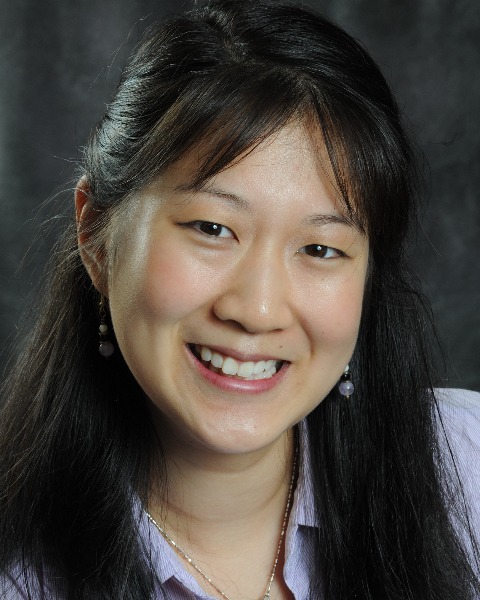Medical Education
Session: Medical Education 1 Works in Progress
WIP 11 - Rapid Cycle Deliberate Practice vs Traditional Simulation Education in Improving Residents’ Neonatal Resuscitation Skills Proficiency
Sunday, May 5, 2024
3:30 PM - 6:00 PM ET
Poster Number: WIP 11
Publication Number: WIP 11.2443
Publication Number: WIP 11.2443

Elaine Cheng, MD MPH (she/her/hers)
Neonatal-perinatal Medicine Fellow
Loyola University Medical Center
Chicago, Illinois, United States
WIP Presenting Author(s)
Background: Literature shows neonatal resuscitation skills decline soon after completing the Neonatal Resuscitation Program (NRP) training. Studies demonstrated the integration of high-fidelity medical simulation sessions bolster residents’ procedural skills. Rapid cycle deliberate practice (RCDP) training has shown to be superior to traditional simulation (TS) training in demonstrating immediate skill improvement, but this difference is not sustained with recall skills tests. There has not been a study investigating the effect of multiple simulation sessions between TS and RCDP in improving residents’ neonatal resuscitation skills.
Objective: The primary objective is to determine if participation in multiple simulation sessions utilizing RCDP versus TS improves residents’ neonatal resuscitation skill proficiency. Secondary study objectives are assessment of neonatal resuscitation skill retention and residents’ confidence in their neonatal resuscitation skills between the 2 simulation models.
Design/Methods: This prospective, randomized control study compares 2 simulation techniques during the 2022-2023 academic year. After receiving an exemption from the IRB, pediatrics and internal medicine-pediatrics residents were recruited. Participants were randomized into TS or RCDP groups. The study comprised of 3 group simulation sessions with 4 individual evaluations interspersed between. Sessions were held in the simulation center and facilitated by NRP instructors. A group session was comprised of 2-3 scenarios. TS groups work through a scenario followed by a 15-minute debriefing session. RCDP groups work through a scenario with stops for predetermined teaching points or for observed errors; the scenario pauses for corrective feedback then restarts from the previous critical step. At the end of each scenario, there is a 5-minute debrief for feedback. There is a minimum of 3 months between each session. Individual evaluations are held before each session with the final evaluation given 6 months after the last session. Each evaluation is video recorded and scored using validated tool.
